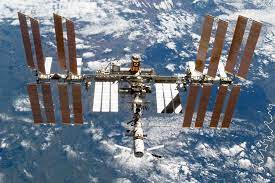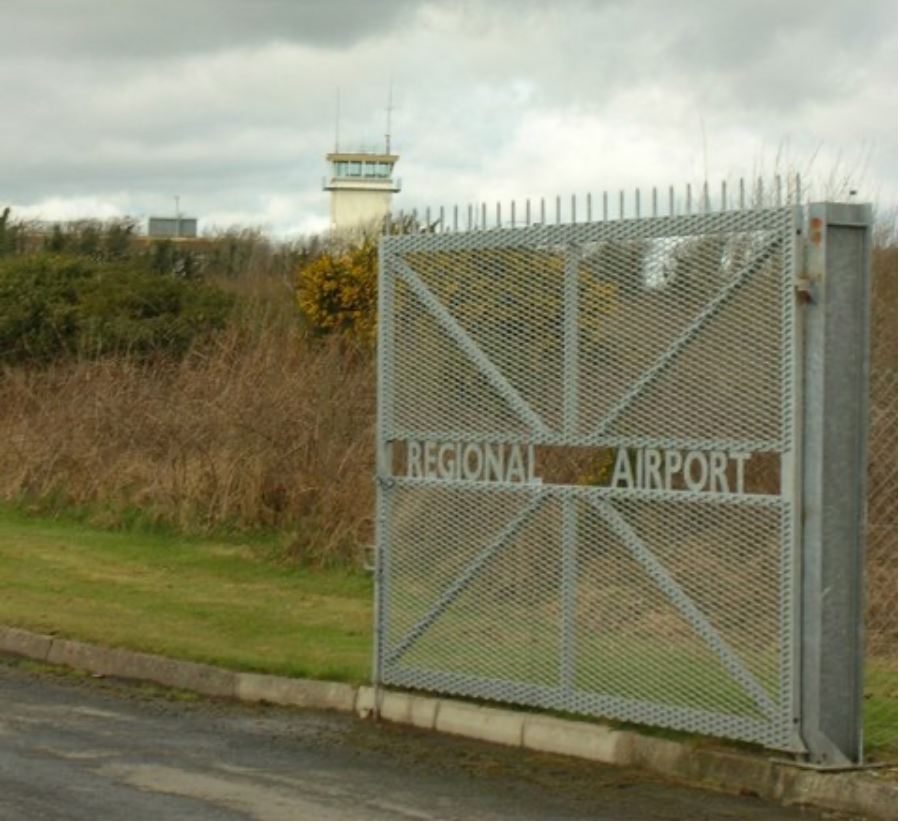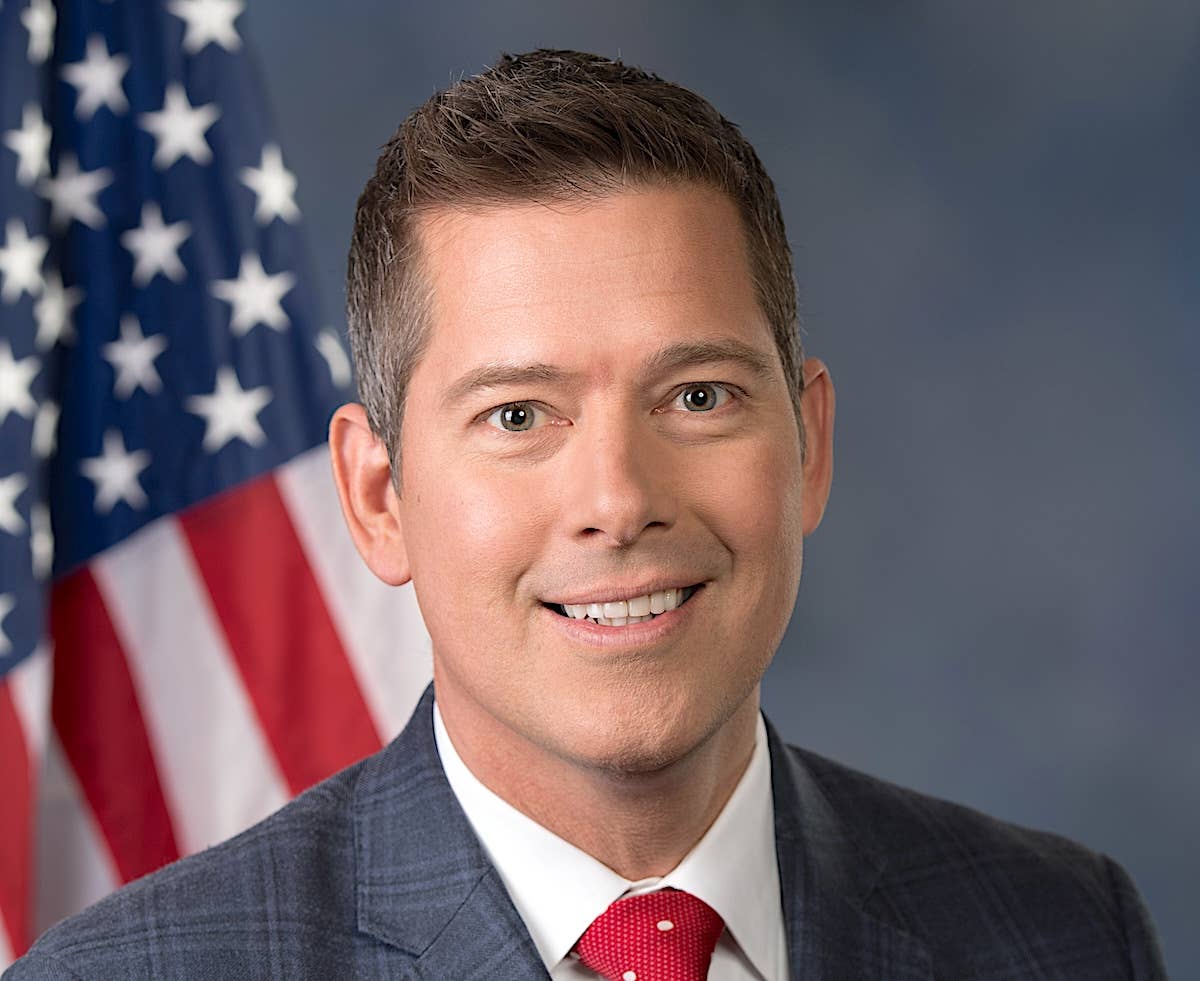Will Russia Really Leave The ISS? Or Is It Just Bluster? A NASA Veteran’s View
Veteran Flight Controller Paul Dye worked with Russians for years flying the ISS. Maybe it’s time to part ways with them.

What can we say about Russia’s announcement that it will pull out of the International Space Station after 2024? I would refer to that old British Bulldog Winston Churchill, who, in 1939, said, “I cannot forecast to you the action of Russia. It is a riddle, wrapped in a mystery, inside an enigma.”
Russia makes many announcements that are often conflicting, frequently grandiose and sometimes designed to do nothing but provoke. Government pronouncements are often phrased in a way as to have many different meanings so that they can be interpreted by each listener in any way they wish. For instance, Roscosmos, Russia’s state space corporation, saying that they’re pulling out of the ISS to build their own station might or might not mean that they will actually do that. But it gives them an excuse to exit and if the new station never comes, that would be simply because fortunes changed. It’s all in how you spin it. And Russian governments are good at spin. Very good. But the fact that everyone knows they’re twirling about doesn’t change their willingness to do it; a lie told enough times becomes the truth.
I spent many years of my NASA career working and flying with Russians. In fact, it was probably my involvement with a small steering group tasked with figuring out “what to do in space with the Russians” after the breakup of the Soviet Union that got me into my longtime position as a Flight Director. The Russians had very smart people who could have helped other countries build missiles with things that go bang on their tips, so keeping them involved in relatively peaceful, cooperative space programs was to our advantage. And so we began a dialogue and eventually a project that sent the Shuttle to the MIR station, then on to the creation of the ISS in 1998. Because I had become known to our Russian colleagues, it made sense that in that new era of cooperative programs, I be promoted from senior flight controller to Flight Director.
So I spent nearly 20 years working with Russians on a one-to-one level, as well as in the larger group sense. Individual Russians were just like everyone else; they had dreams and aspirations coupled to the realities of making a living and providing for their families. They had little control over what their government did or said. Just like us, they executed projects and programs defined by politicians. To quote the old line from the original Top Gun, “Gentlemen, we don’t make policy, elected officials, politicians, do that.” You live and work within the structure of the funding you get from others to build what you feel is best for the future. That can sometimes be morally ambiguous, but you make your choices.
I do a lot of public speaking about my years in the program. My years as a Flight Director are relatively inseparable from Russia. This has made the past few months difficult. I have taken to apologizing in advance to audiences about the relationships, which is sad, but necessary. No one can condone what Vladimir Putin has done in Ukraine, certainly not me. I don’t know how I would be able to go into Mission Control every day under the current circumstances and continue to work with our Russian counterparts.
Certainly, many of them are as horrified by what their government is doing as we are. Certainly, there are those who have convinced themselves that Putin is a hero working for the good of Mother Russia. We understand political divisiveness and can hardly fault others for suffering their version of it. But it’s hard to do anything cooperative with a country that’s propagating such evil on an international level.
So will the Russians pull out of ISS after 2024 and what will that mean to us? As I understand it, NASA has received no formal letter from Russia saying it intends to terminate ISS participation. I have heard political announcements of changes to their participation many times in the past two decades and, usually, that has been followed by no action. What the politicians say is frequently not backed up by action at the technical level. At the same time, maybe we should be taking the opportunity to simply say, “Thanks, do svidaniya, and don’t let the doorknob hit you on the way out.”
On the other hand, it’s common knowledge that the Russians provide the re-boost capability to give the ISS its occasional nudge to stay in orbit. But it’s not difficult to engineer another solution for that function. After all, my former colleagues live with the legacy of Apollo 13 and can figure out solutions to anything. I would be surprised to find out that the necessary engineering and procedures aren’t already written. That’s how we did things in Mission Control. “Tough and Competent—Failure is Not an Option!” Technically, I am quite certain that our smart folks here and in the other international partner countries will figure out a way to keep flying without the Russians.
Politics, public relations and technology make for strange and uncomfortable bedfellows. I had continued to work diligently with Russian colleagues through annoyingly difficult—but nowhere near as tragically evil—times during my own NASA career. What is said publicly is often bluster for the Russian masses and never gets carried out at the operational level. But perhaps it’s time to simply say enough is enough and let the Russians show themselves out.
At least that should be an option for which we are prepared. And I’m quite certain that we are.
Paul Dye retired from NASA as a Senior Flight Director. He is Editor at Large for KITPLANES magazine.






